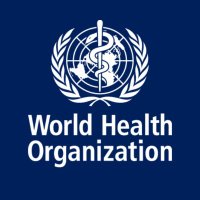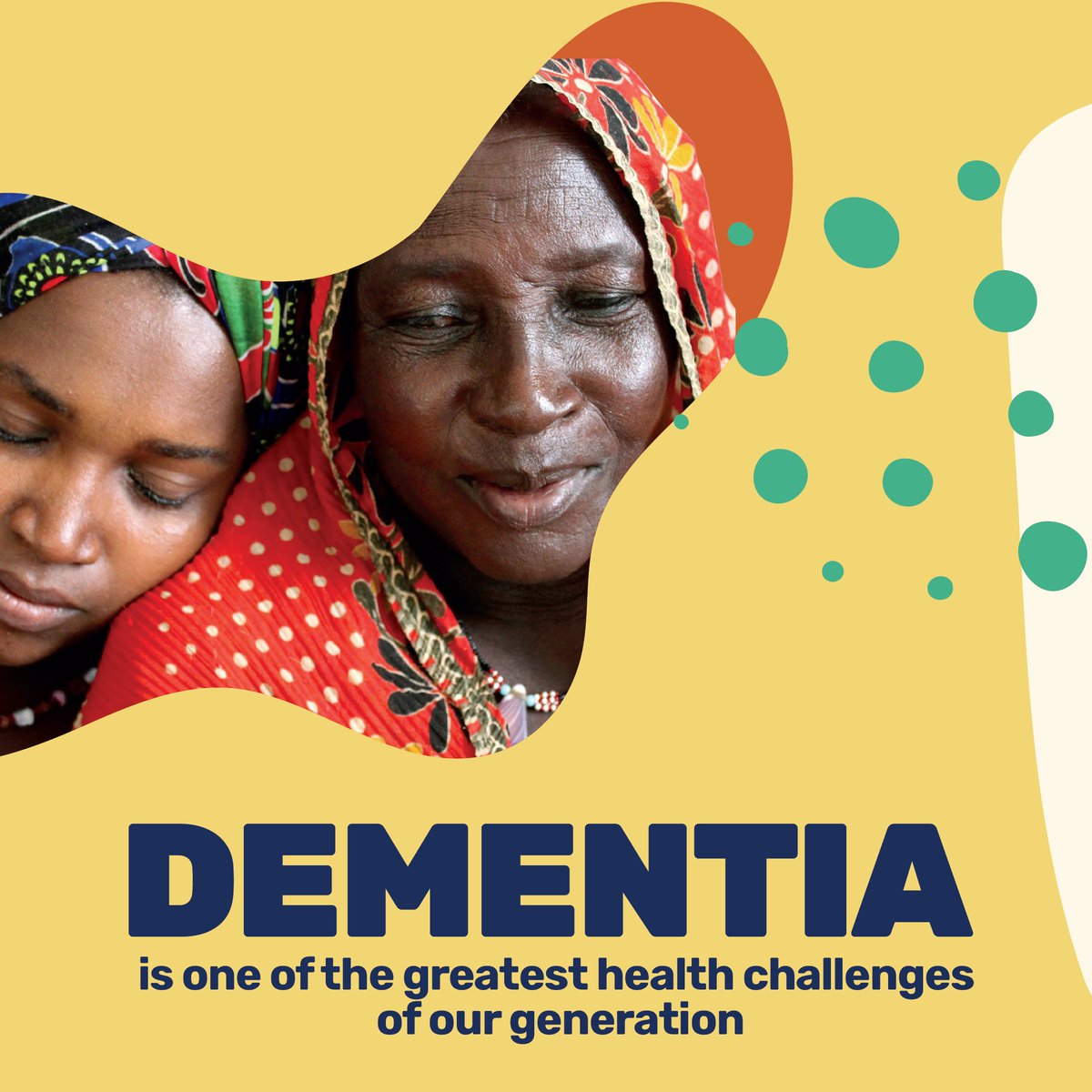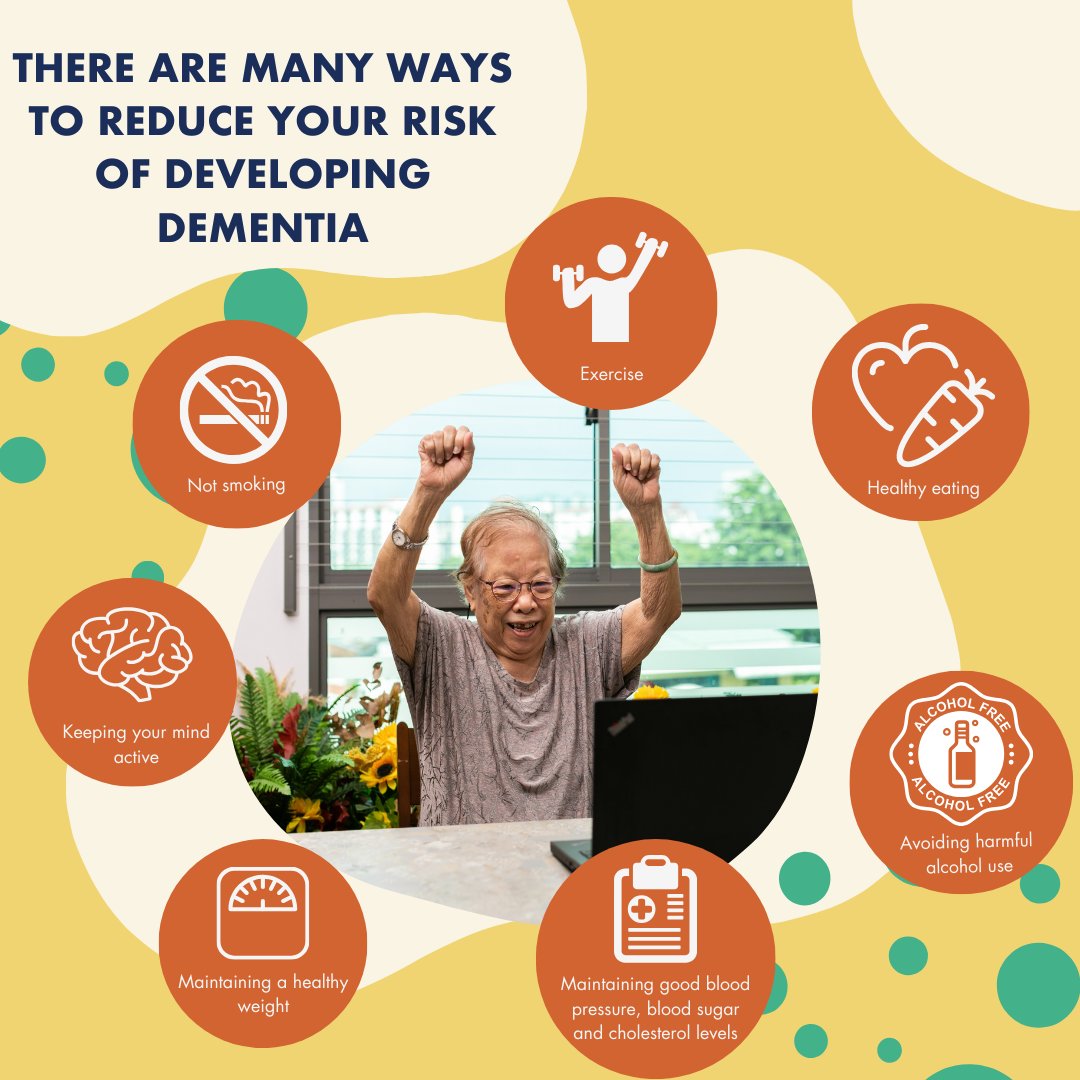
Katrin Seeher
@KSeeher
#Dementia expert working for #BrainHealth in global #PublicHealth. Views are my own.
ID:857755751724466176
28-04-2017 00:38:02
824 Tweets
928 Followers
525 Following

Interested in working for World Health Organization (WHO)? #MentalHealth colleagues World Health Organization (WHO)_Europe are hiring a Technical Officer (Mental Health and Psychosocial Support #MHPSS ). For details see here:
careers.who.int/careersection/…
MH InnovationNetwork, MHPSS Network The MHPSS Collaborative Fahmy Hanna Cassie Redlich








There is still time to nominate people-centered #dementia services that operate without coercion, respond to people's needs, promote autonomy, inclusion and engagement. Deadline 31 October. For more info see thread below and complete survey below: nottingham.onlinesurveys.ac.uk/dementia-servi…



Dementia affects memory, other cognitive functions, and the ability to perform everyday tasks.
🧠 Alzheimer's disease is the most common cause of dementia, causing 60-70% of all cases.
This #WorldAlzheimersDay learn more about dementia and how you can reduce the risks…





